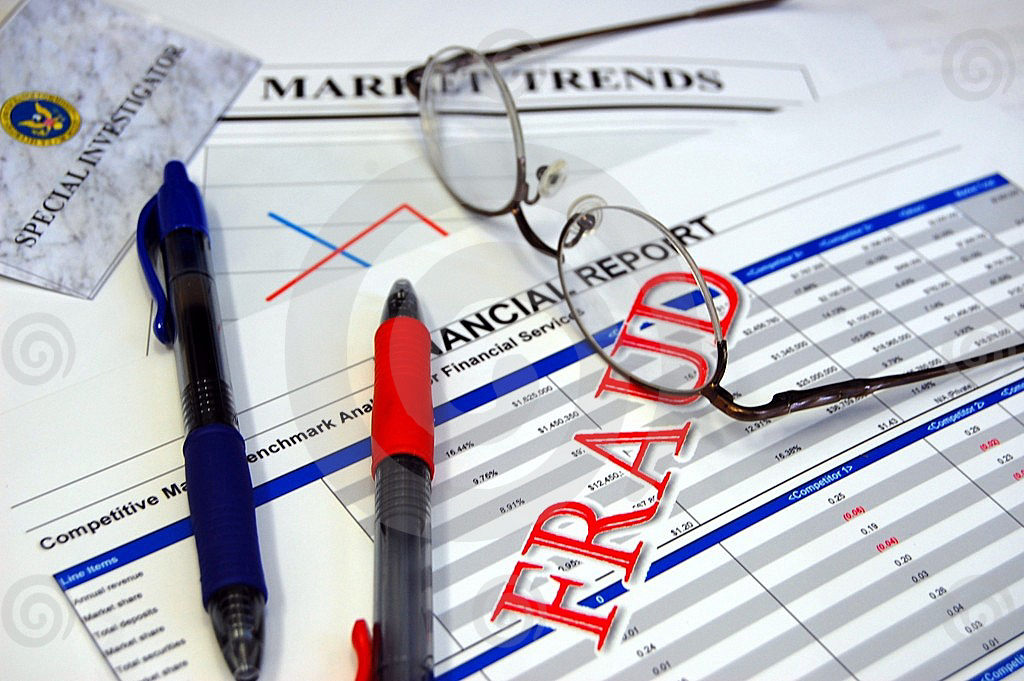In 2016, worldwide credit card losses hit a whopping $24.71 billion, with the United States accounting for 47 percent of that total. That’s a 12 percent global increase from 2015, which is something that even most card issuers and financial institutions didn’t see coming. Although EMV chips have reduced in-person fraud, it’s led to a surge of online fraud. These figures are frightening for anyone, but especially for small business owners, who already have a hard enough time finding success, as only 20 percent of new businesses in the U.S. make it past the first year of operation.
With the odds already stacked against them, it’s crucial that they take the measures to not only prepare to avoid fraudulent charges, but also combat them if they do occur. Aligning with a merchant services provider that has transparent policies and open communication with members is also an important step in the right direction. 60 percent of small businesses go under within 180 days of a security breach. The below tips will help you prevent any issues in the first place, and provide a game plan if fraud does become an issue in the future.
Prevention
There are a great deal of practices that can be used to avoid fraud and other chargebacks that cripple a company’s bottom line. First and foremost, work with a merchant services provider that offers businesses PCI compliant solutions and the latest security technology, such as updated POS systems with the latest software. Some merchant processors also offer risk monitoring to make sure any signs of fraud are caught immediately, similarly to a consumer credit card monitoring service.
Having an EMV-ready card reader is critical in 2017, as businesses will be held responsible for any fraudulent charges if they are the least EMV-ready party. With most consumers already equipped with the EMV chip cards, the odds are that a business without an EMV-ready card reader will be held responsible.
Having employees trained to run transactions properly can go a long way. Simply asking for an ID for an in-person transaction, or using an address verification system (AVS) for online transactions, are procedures all businesses should have firmly in place with no exceptions.
It’s nearly impossible to avoid card fraud, but it’s possible for a business to have enough preventative measures in place to avoid costly chargebacks.
How to Detect Fraudulent Charges
Identifying fraudulent transactions is not an easy task, but there are ways to recognize potential red flags. When names and addresses match, it’s typically a good sign. A common red flag to look for is the customer’s email address – if the email address has a set of random numbers in it, it could mean that it was just created to make fraudulent charges. Scammers typically order in bulk and request the fastest method of shipping, which is when matching shipping and billing addresses would be ideal. They have also been known to place several orders with different credit cards that are shipped to one address.
Another method in determining the credibility of a purchase is to see if they align with the demographics of the business’ typical consumer. Orders coming from or shipping overseas are also considered out of the ordinary for small businesses, especially if the typical cliental is located in the U.S.
It should take more than one red flag to set off the alarms, but it’s important for owners to use their best judgement and gut instinct in situations such as the above. Since many fraudulent transactions do not have valid contact information, it’s imperative to attempt to reach out to customers that have set off multiple red flags.
How to React
Receiving chargebacks isn’t uncommon for businesses, and unfortunately, resolving them typically takes two to three months. During that time period, the funds from the sale will be withheld as the issuing bank begins a chargeback procedure. These investigations are time consuming, which is why merchants should work with a merchant processor that also provides a team dedicated to helping merchants quickly deal with this issue.
It’s also necessary to keep up-to-date documentation of all the information from transactions, as it will give businesses a fighting chance to prove that the transaction in question was legitimate.
With card fraud expected to rise to $12 billion by 2020, it serves in a business’ best interest to invest in the proper security to fight the drastic increase.
————-
Suneera Madhani is the CEO and co-founder of Fattmerchant, a merchant service provider offering unlimited payment processing with unmatched customer service. Madhani founded the company in 2014 after working in the credit card processing industry for years, wanting to sell a product that customers would be excited about. Fattmerchant offers plans for every business and brings the human touch back to payment processing.
Thanks for reading CPA Practice Advisor!
Subscribe Already registered? Log In
Need more information? Read the FAQs




